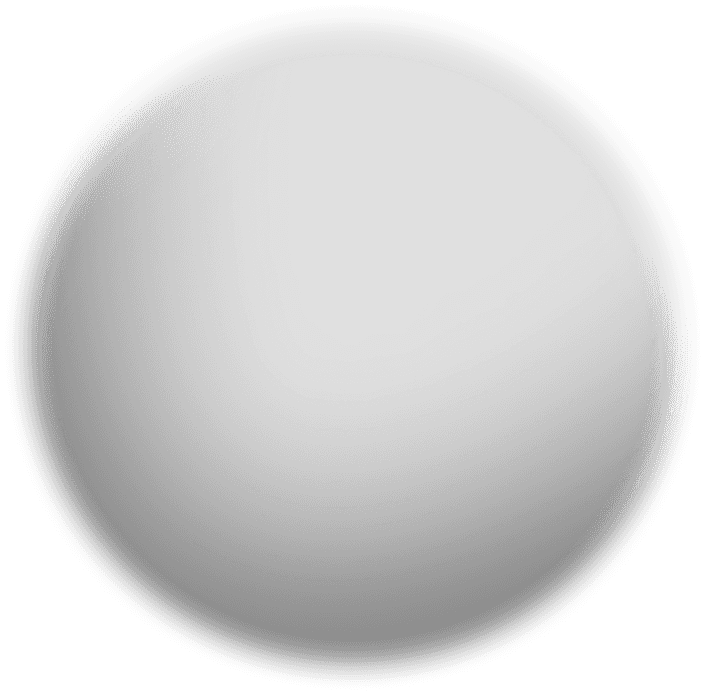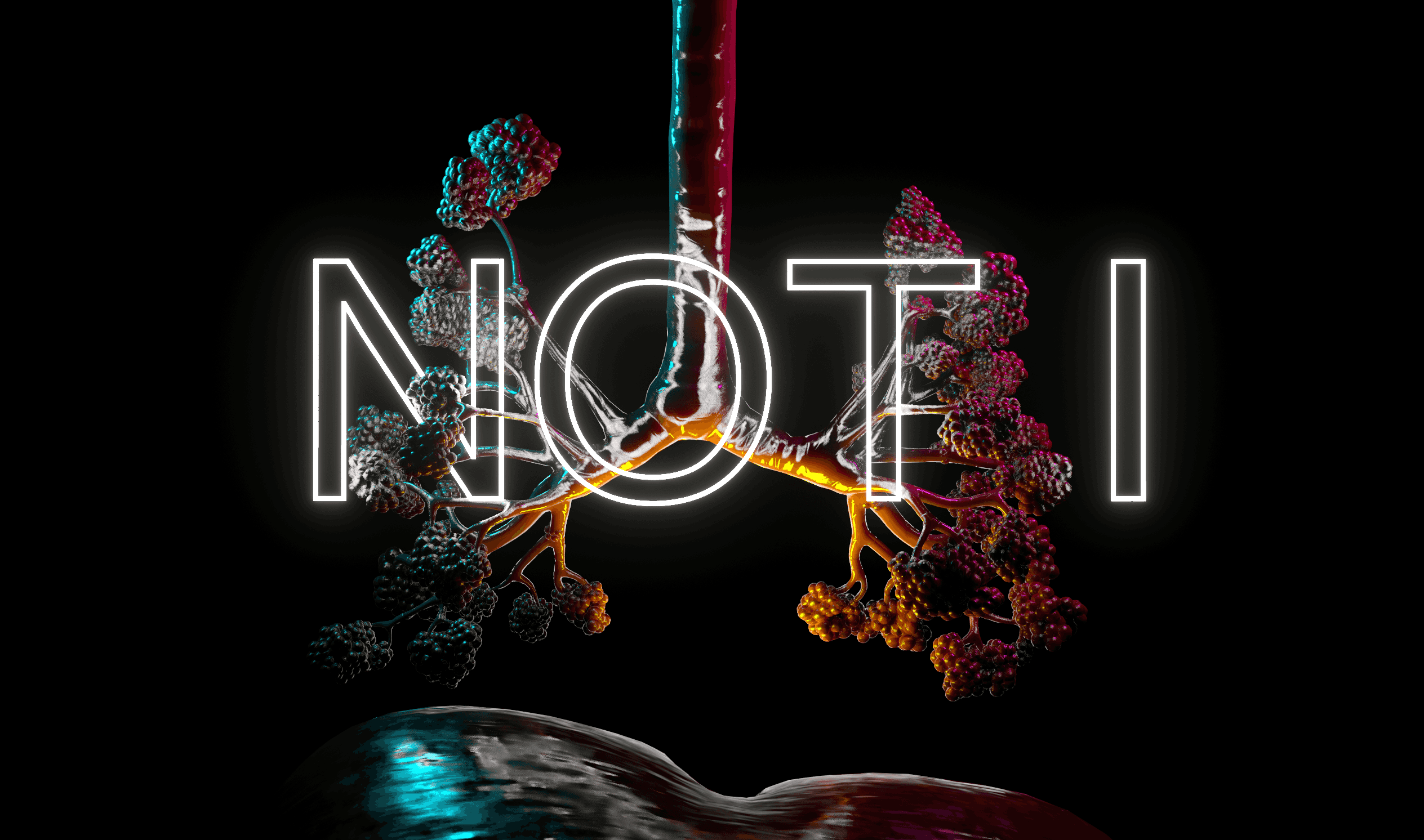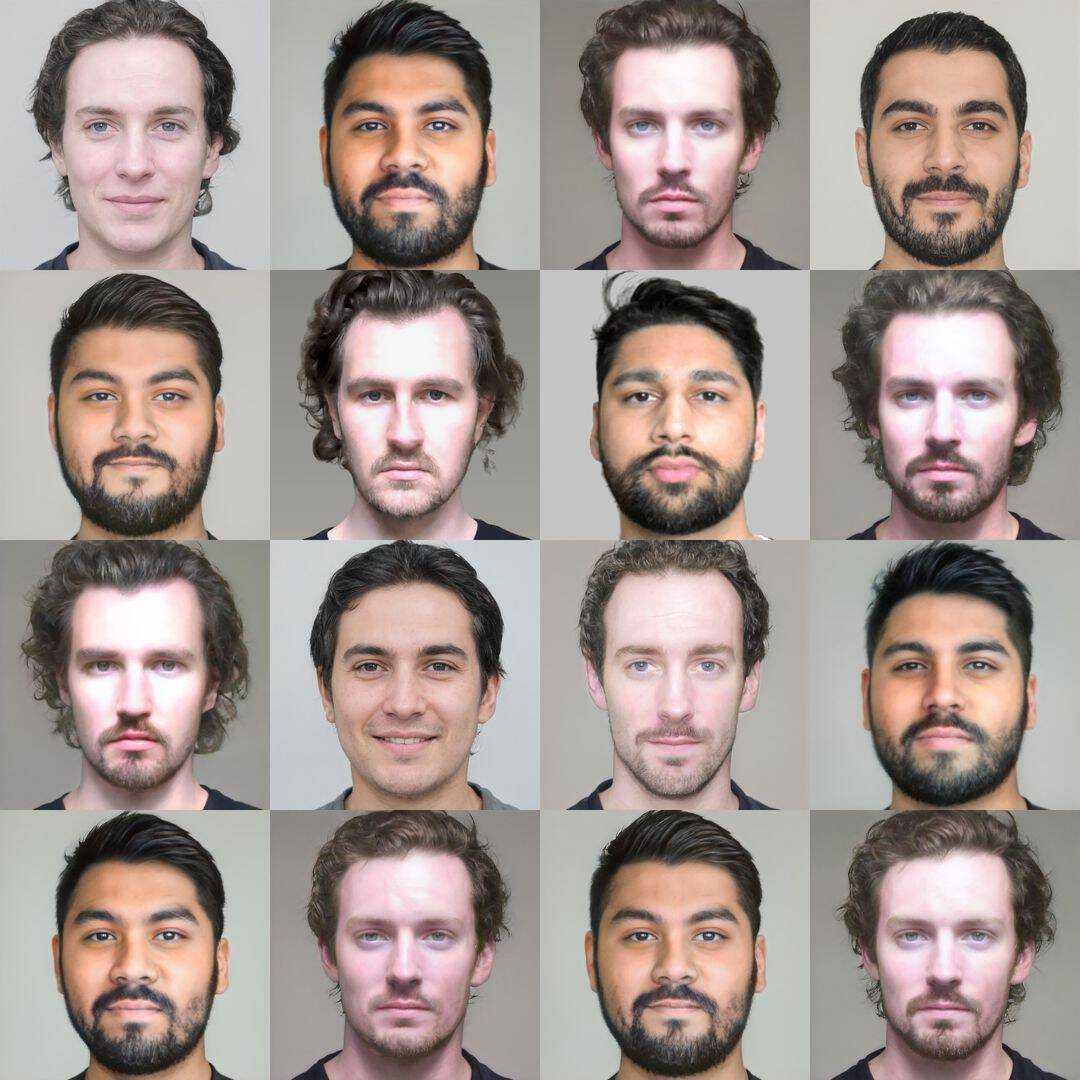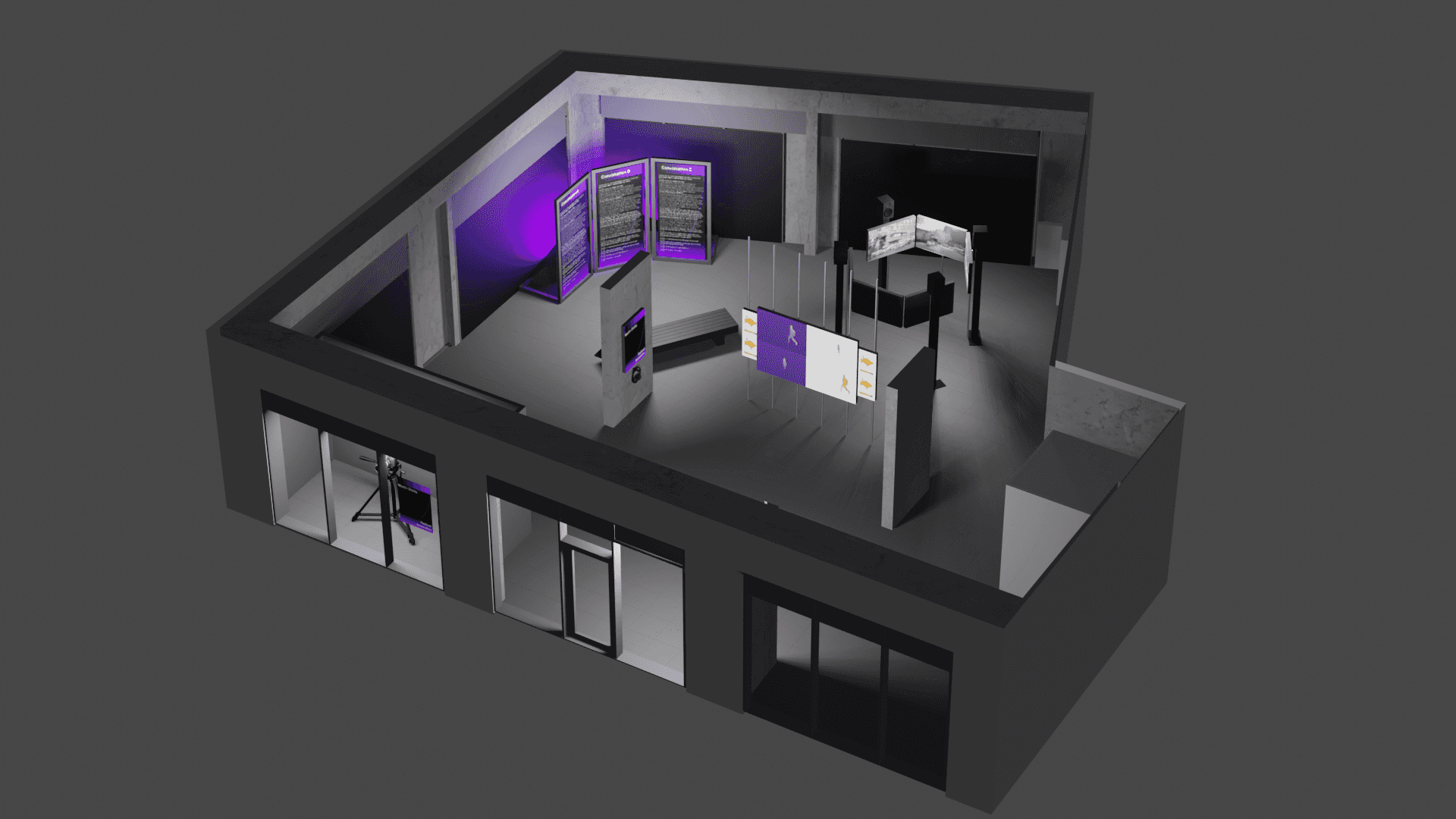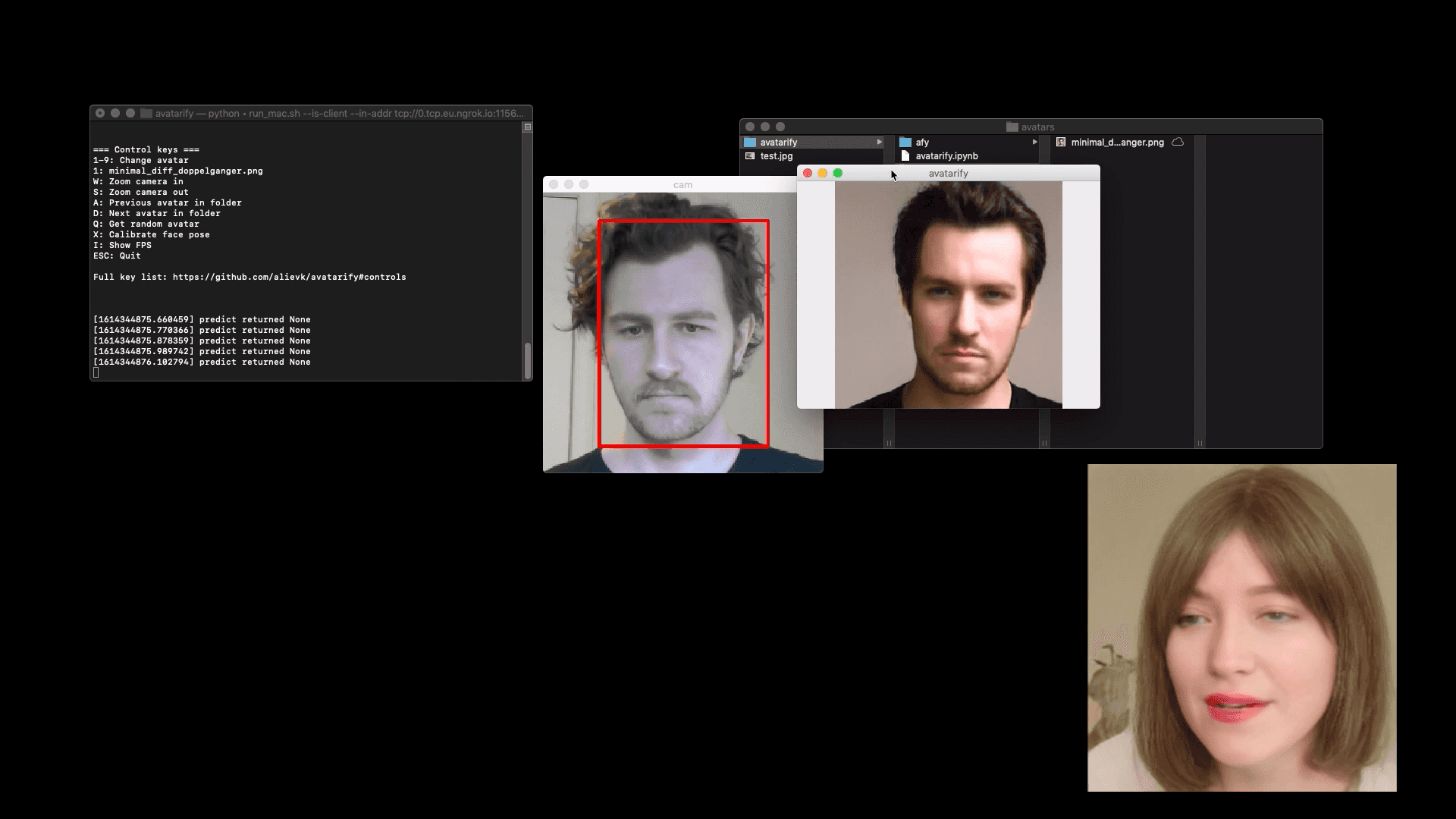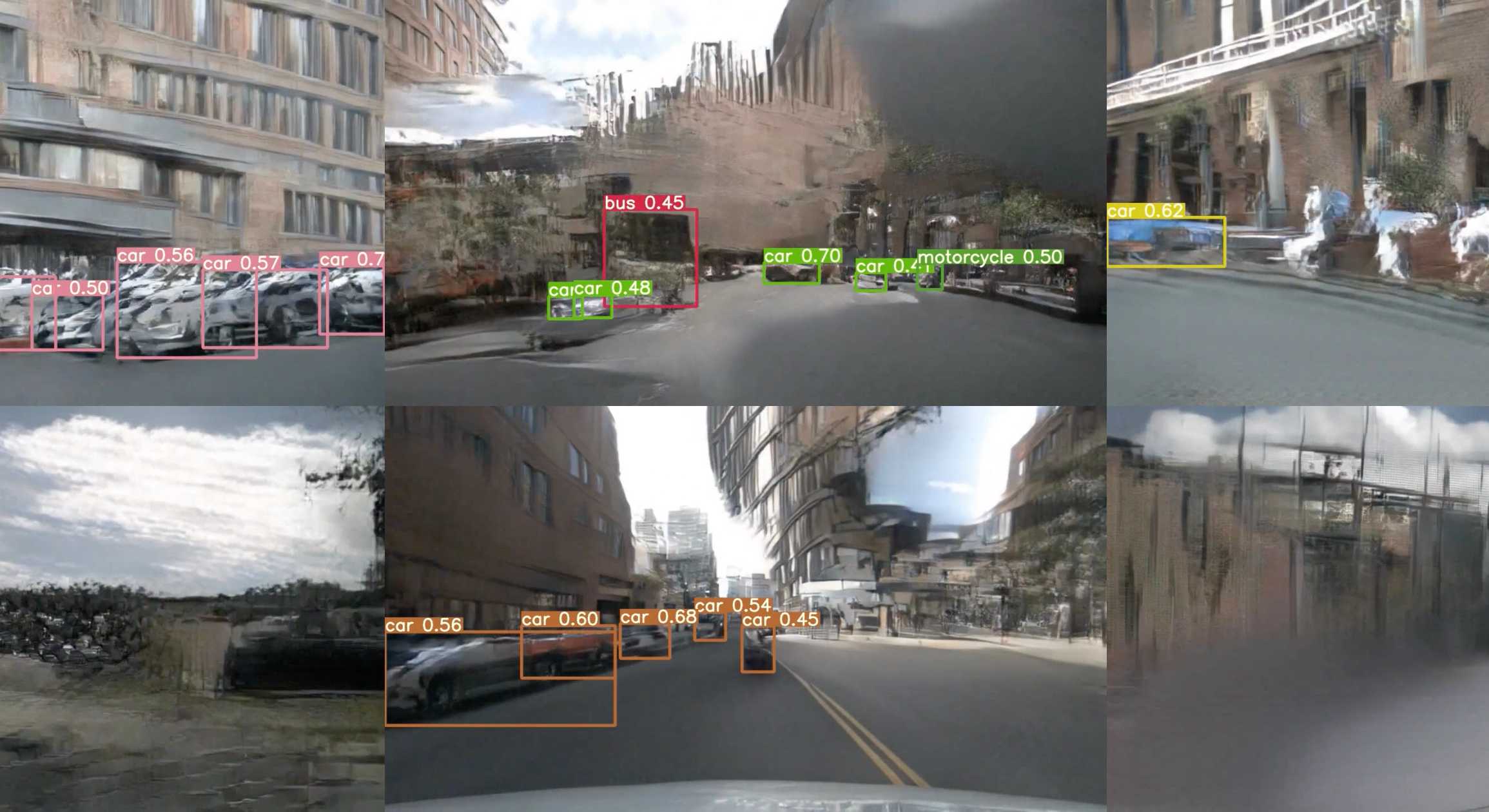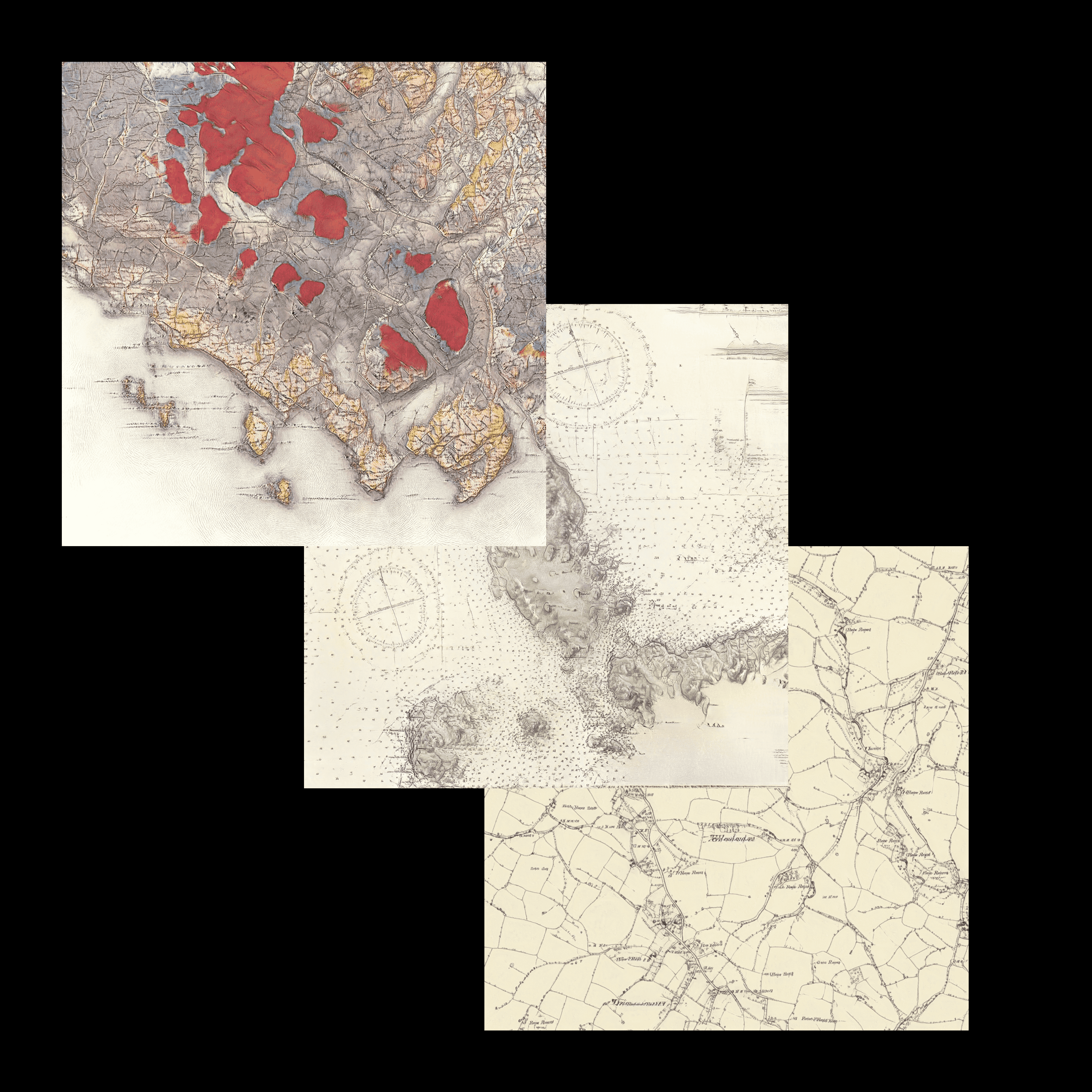Info
Martin Disley is a design researcher with a critical engineering studio practice working in software, film, installation and text. His AHRC and Microsoft-funded PhD research explores how adversarial computing and investigative aesthetics might contribute to the interpretation and evaluation of generative computer vision applications. He is the co-founder, alongside Murad Khan, of Unit Test, a collaborative creative research studio that assembles researchers, engineers, and artists to explore aesthetic approaches to investigative computation.
He has presented and exhibited work at arebyte Gallery (online/London, UK), Akademie der Künste (Berlin, DE), Fabrica (Treviso, IT), Edinburgh Art Festival (Edinburgh, UK), Unsound Festival (Krakow, PL), the V&A Museum (Dundee, UK), the Centre for Contemporary Arts (Glasgow, UK), Architekturforum Oberösterreich (Linz, AT), and Kunstencentrum Vooruit (Ghent, BE).
Aesthetic Distillation: Midjourney Collapsed
Aesthetic Distillation is a speculative engineering project, an experimental evaluation method for text-to-image synthetic image generators and an ongoing artwork series. Responding to the implications of growth rates in model parameter size outpacing growth in available training data, Aesthetic Distillation simulates the retrograde development of these models by recursively fine-tuning one on its own output. Exploration of the resultant model serves as a method of visual culture research. By collapsing the target model in on itself through recursive fine-tuning, the resultant model produces images that reveal the fundamental aesthetic characteristics of the target, making them amenable to formalist analysis. In the Habsburg AI Portraits series, an aesthetically distilled version of Midjourney was used to explore the formal aspects of the model's representations of human subjects. As works for exhibition, these images were printed on banners and installed such that they appear to be slowly collapsing under their own weight.
Speculative Voices and Machine Learning
Through an investigation into, and demonstration of an attack upon, a machine learning model called Speech2Face, Not I explores the problematics of contemporary vocal profiling technology and the epistemic utility of generative models. By tracing the history of vocal forensic technology from its phrenological origins and visually deconstructing the Speech2Face architecture, Not I reveals fundamental flaws in the application of universalising deep learning models on the complex relationship between voice and identity.
Speculative Voices and Machine Learning
Speculative Voices and Machine Learning was a lecture delivered at Unsound Festival (Krakow, Poland) in which Murad Khan and I demonstrate how the phrenological tradition of vocal portraiture is being reinvigorated by contemporary machine-learning. For the presentation, the Speech2Face and Wav2Pix models, initial targets of our investigation, were reconstructed in order to investigate the claims of their authors and construct a series of speculative attacks upon them.
arebyte Gallery - Hotel Generation
Radical Anomalies is a solo exhibition proposal produced as part of arebyte Gallery's Hotel Generation artist development programme. The speculative exhibition features several new works that focus on how the predictive capacity of machine learning contributes to a 'slow cancellation of the future'. The central interactive installation proposes to resist this threat by sensing and rendering the 'anomalous' not as a pathology, as it is within the current paradigm, but as a chaotic, disruptive and potentially liberating signifier of the new.
Zoom Obscura
How They Met Themselves is a didactic short film and demonstration of a prototype software tool called Deepfake Doppelgänger. The film and accompanying software are research outputs from an investigation into how algorithmic and human schemas of facial identification, verification and perception differ and how these differences can be leveraged to control how our identity is coded in the images we put online.
NEoN Digital Arts Festival Commission
Future False Positive is a short film about, and created with, machine learning. The film delineates the limits of modelling reality with machine learning by rendering transitions between recorded video (historical data) and synthetic reproductions of it (predictive machine learning). Through the use of dash cam footage as source material the viewer is taken on a journey from the real into a ‘perma-present’ - a world where temporality ends but, to computer vision at least, remains perfectly legible.
National Library of Scotland Artist in Residence
the dataset is not the map is not the territory is a triptych of beguiling videos produced using three custom StyleGAN models, a generative machine learning architecture trained on a dataset of images. The work has a destabilising effect on the map’s authoritative voice. Through disentangling the cartographic grammar and symbology from the geographical statement, the work disrupts the maps fixing of territory by presenting manifold interpretations of geographical space, equally sovereign and constantly in flux.
